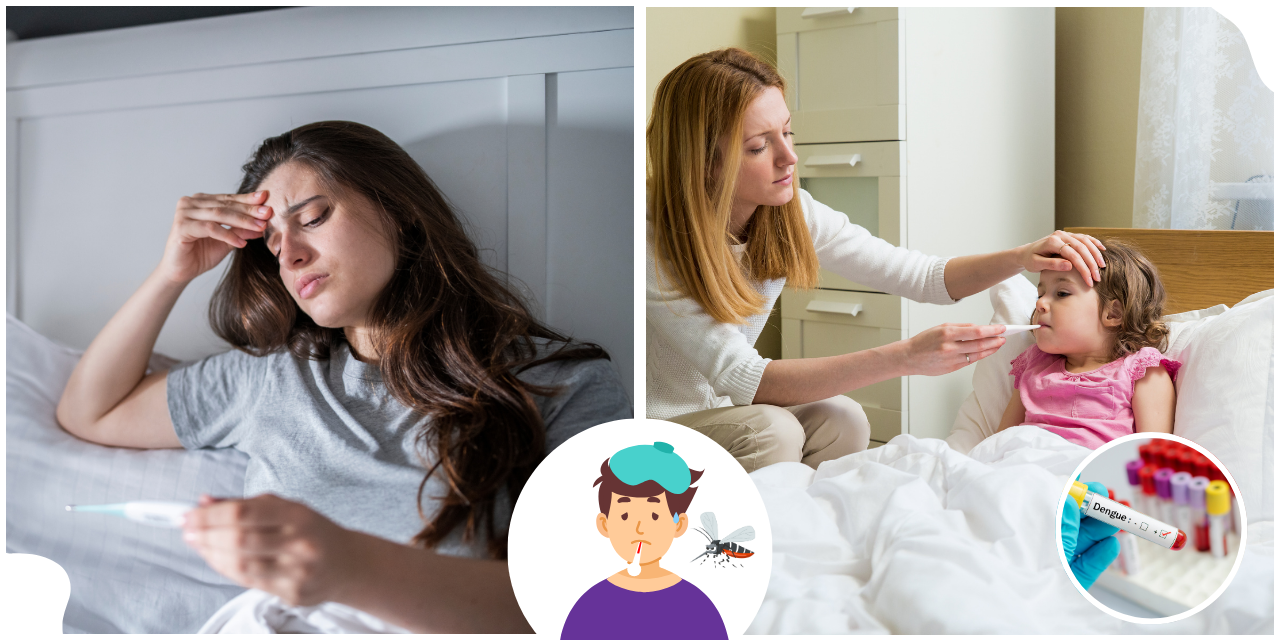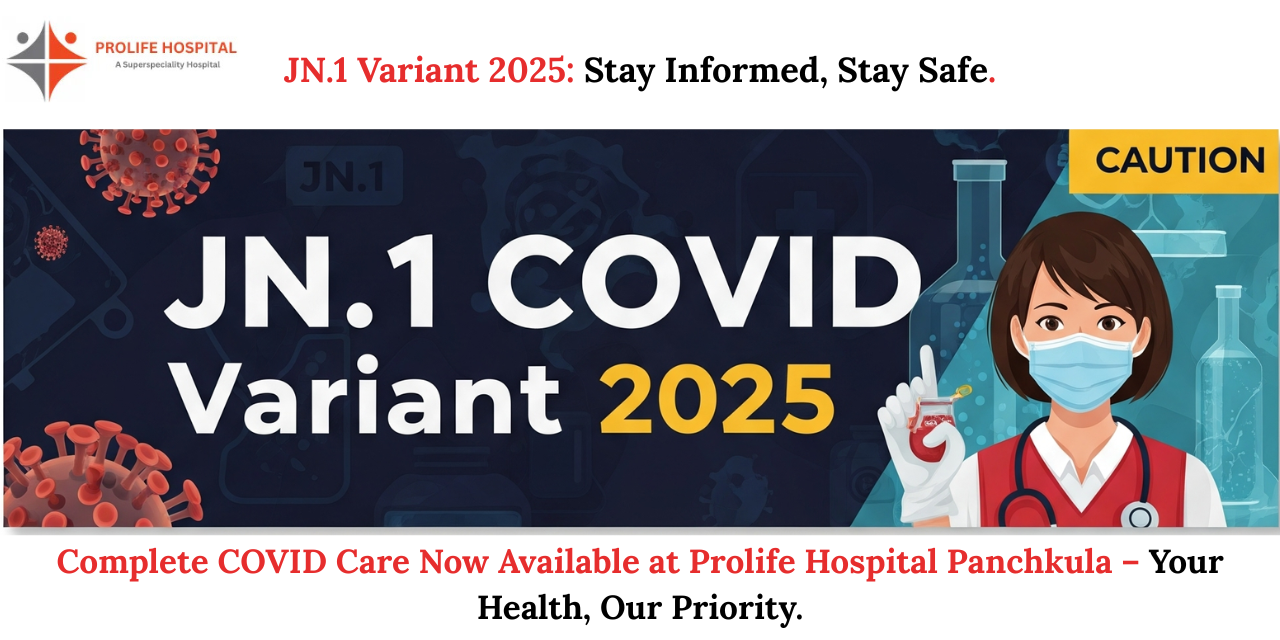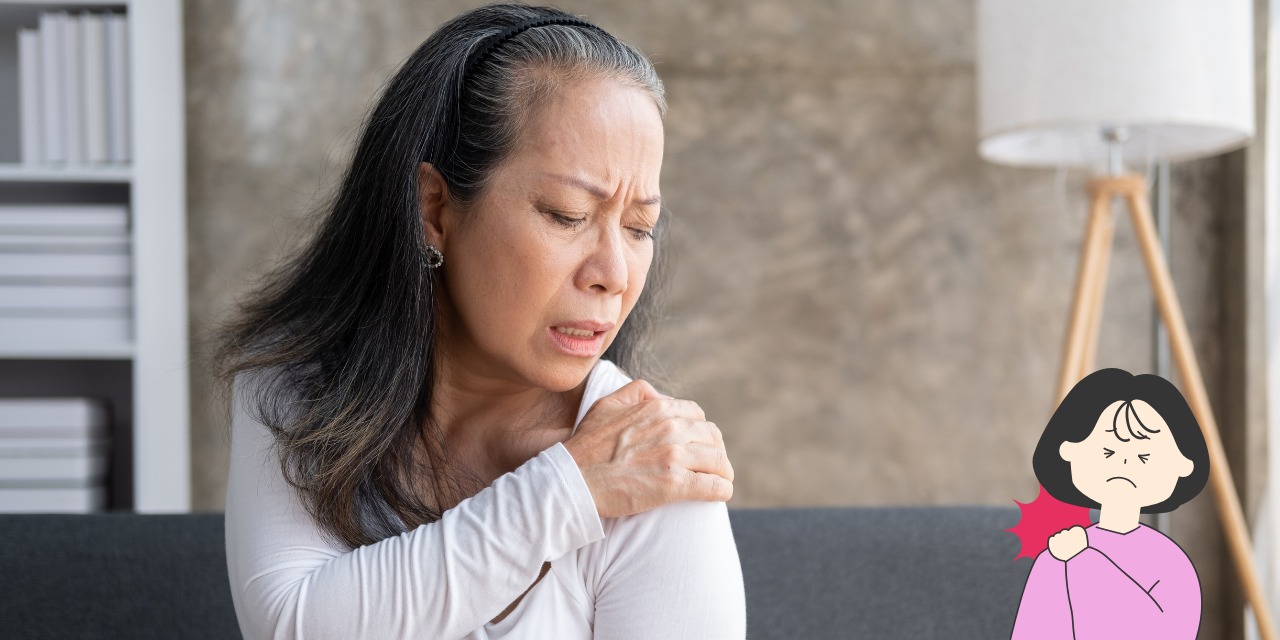Dengue fever is a viral illness transmitted by mosquitoes, primarily the Aedes aegypti mosquito. It is commonly found in tropical and subtropical regions, and its symptoms can vary from mild to severe. Understanding the progression of dengue symptoms is crucial for early diagnosis and effective treatment. In this article, we will explore how dengue fever progresses from high fever to skin rash, helping you recognize and manage the symptoms of this disease. We will also provide useful information on dengue treatment in Panchkula.
Early Symptoms of Dengue Fever
The symptoms of dengue fever usually begin to appear 4 to 10 days after being bitten by an infected mosquito. The early signs are often sudden and can be quite severe, which is why it’s essential to be aware of them.
- High Fever: One of the first symptoms of dengue fever is a sudden high fever, often reaching up to 104°F (40°C). This is typically accompanied by chills, which can make the fever feel even more intense.
- Severe Headache: Along with the fever, individuals often experience a severe headache, particularly around the forehead area.
- Pain Behind the Eyes: Another common symptom is pain or a deep ache behind the eyes, which can make it challenging for the patient to focus on daily tasks.
Progression of Symptoms: From Fever to Rash
As the infection progresses, the symptoms of dengue fever continue to evolve.
- Joint and Muscle Pain: Known as “breakbone fever,” the joint and muscle pain associated with dengue can be intense. This pain often leads to muscle weakness and fatigue, making it difficult for the person to perform regular activities.
- Nausea and Vomiting: Many individuals infected with dengue may also experience nausea, vomiting, and a general sense of discomfort. Loss of appetite is also common during the early stages of the infection.
- Rash Development: Around 3 to 4 days after the fever begins, a rash can appear on the skin. Initially, it may appear as a mild, maculopapular rash (flat or slightly raised spots), but as the disease progresses, the rash can become more prominent, potentially leading to the formation of petechiae (small red or purple spots caused by bleeding under the skin). This rash usually starts on the chest, back, and limbs before spreading to other parts of the body.
Severe Dengue and Complications
In some cases, dengue fever can develop into severe dengue (also known as dengue hemorrhagic fever or dengue shock syndrome). This is a life-threatening complication that requires immediate medical attention. Signs of severe dengue include:
- Bleeding: This may manifest as nosebleeds, gum bleeding, or easy bruising.
- Abdominal Pain: Intense abdominal pain, especially in the lower abdomen, can signal internal bleeding or other complications.
- Persistent Vomiting: Continuous vomiting can lead to dehydration, which can worsen the condition.
- Rapid Breathing or Shock: Severe dengue can cause a drop in blood pressure, leading to shock and difficulty breathing, which can be fatal without immediate medical intervention.
Dengue Treatment and Management
Currently, there is no specific antiviral treatment for dengue. The focus of treatment is to manage the symptoms and prevent complications. The key aspects of dengue treatment include:
- Hydration: Ensuring adequate fluid intake is crucial to prevent dehydration, which can be caused by high fever, vomiting, and diarrhea.
- Pain and Fever Relief: Medications such as paracetamol (acetaminophen) are often used to reduce fever and relieve pain. Nonsteroidal anti-inflammatory drugs (NSAIDs) like ibuprofen and aspirin should be avoided as they can increase the risk of bleeding.
- Monitoring and Support: In cases of severe dengue, hospitalization may be required for close monitoring, intravenous fluids, and blood transfusions if necessary.
Conclusion
Dengue fever progresses through a series of stages, starting with high fever and ending with a skin rash, which may signal the infection’s progression. Recognizing the symptoms and understanding the disease’s course can help in managing and preventing complications. If you are in need of dengue treatment in Panchkula, Raffels Hospital is equipped with the necessary medical expertise to provide quality care. For more information, you can contact Raffels Hospital at +919356728000.













